7 things that attract rats and mice to your home
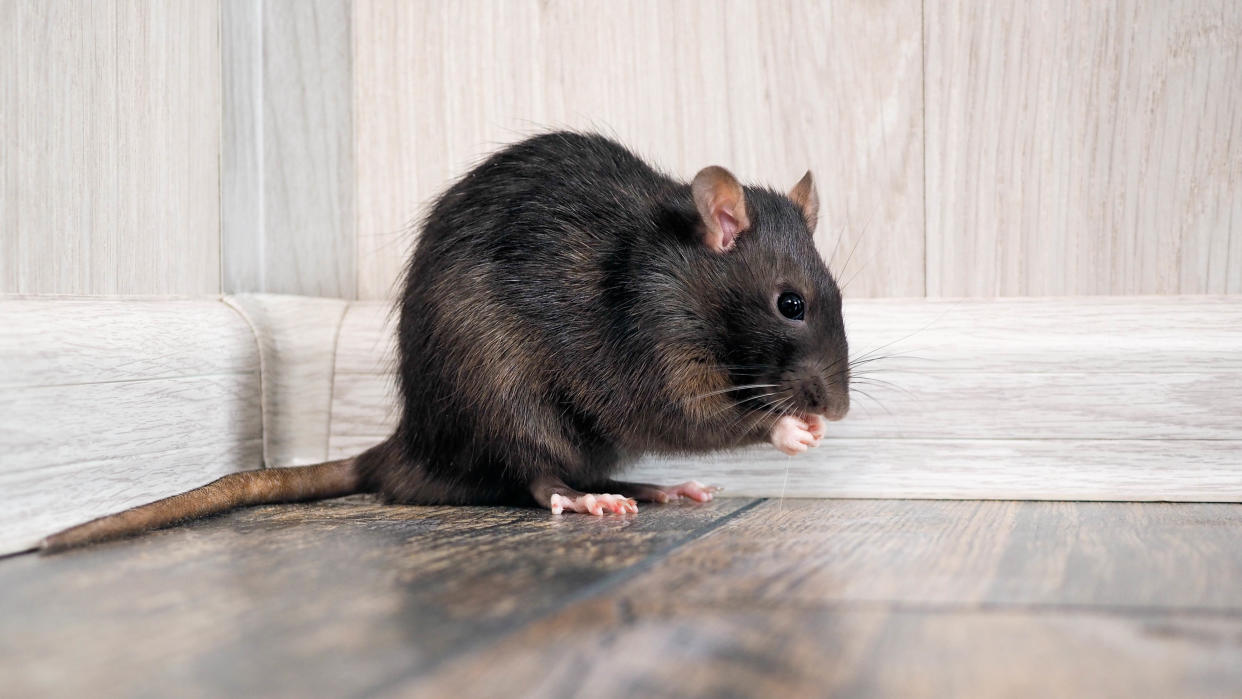
It’s always a concern when you spot rats and mice in or around your property. And learning what attracts rats and mice to your home in the first place, will help to keep them away and prevent an infestation.
While rats and mice are very different in stature, preventative measures are the same. The key things such pests are all seeking are food, warmth and shelter — so it’s important to eliminate these sources wherever possible. In addition to being destructive to property, rodents are known to carry a host of diseases or trigger allergies that can put your family's health at risk.
Despite the fact that rodents are more common during the colder months, unfortunately, you can still get rats and mice anytime of the year. So, if you don’t want a nuisance pest problem to deal with, eliminate these things that attract rats and mice to your home right now.
Alternatively, you can try one of these 7 plants that keep mice and rats from invading your home.
1. Food sources
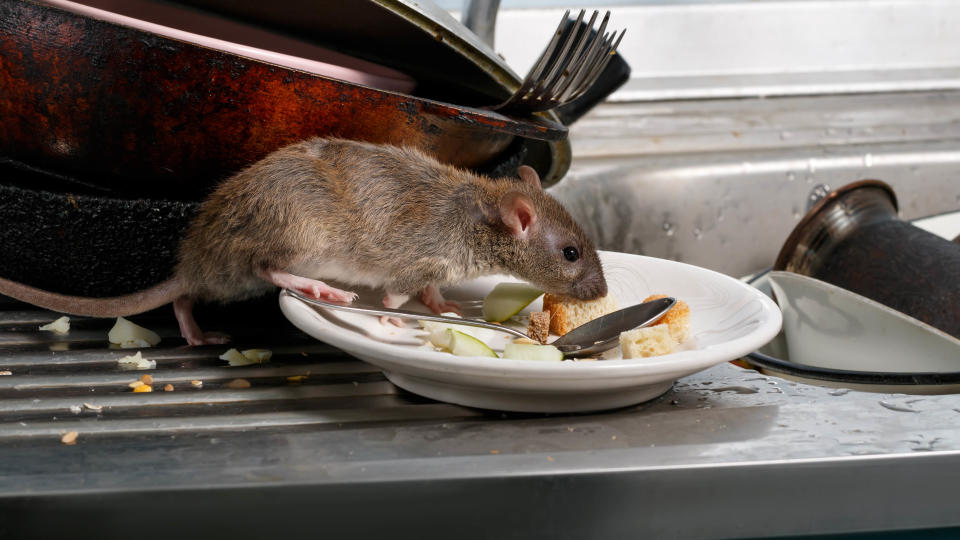
One of the main things rats and mice need is consistent food sources to sustain them. Trouble is, once they're aware of any feeding spots in your home or yard, they’ll keep coming back for more.
Ensure you remove any crumbs or food sources from the kitchen surfaces and floors, immediately cleaning up any spills or messes. Seal all potential food sources in tamper-proof, glass or metal containers, making it hard for rodents to chew through or get to.
Overall, it’s essential to maintain good sanitation, and know how to clean every room in your home, including regular sweeping and mopping floors.
Also, consider feeding spots near your home. If you have pets, avoid leaving their food and water bowls out during the day, and always bring them indoors at night. In addition, ensure pet food is properly sealed in airtight containers, and never store food on the floor — especially near outside walls or windows as this will certainly attract rodents.
2. Entry points
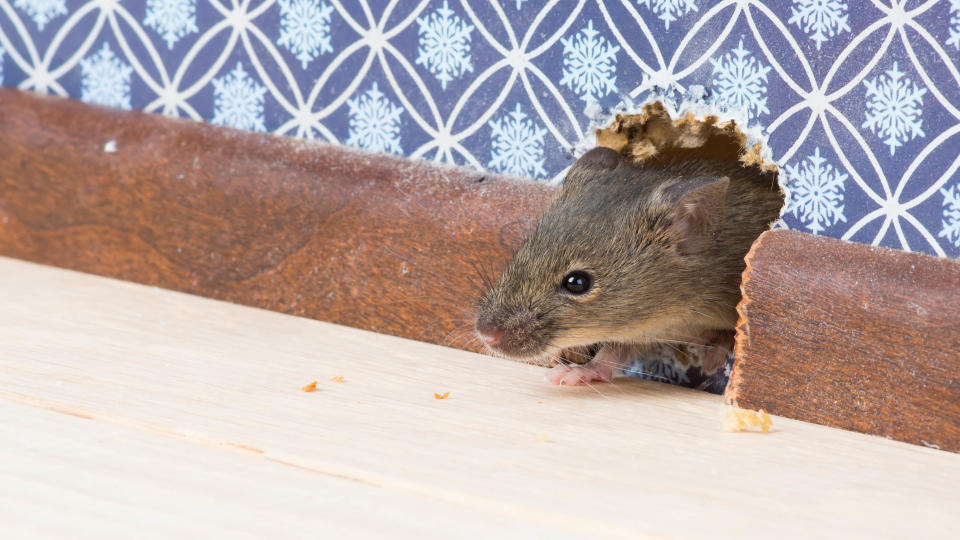
Another key attraction is finding warmth and shelter, and rodents can easily make their way into your property through holes and cracks. In fact, mice and rats can fit through spaces as small as ¼ inch, so it’s important to check around the perimeter of your home for any entry points they could come through.
These could include holes or gaps in brickwork, baseboards, around pipes and vent openings. Also be sure to check the garage, foundation, roofs, roof soffits, vents, and areas around the HVAC system.
Block points of entry by sealing any small holes in your foundation, siding, and doorway with caulk or weather-stripping such as Foam Insulation Tape, Weather Stripping Door Seal Strip ($13, Amazon), as a barrier. The more difficult you make it for rodents to enter your property, the less likely they will return.
3. Trash cans
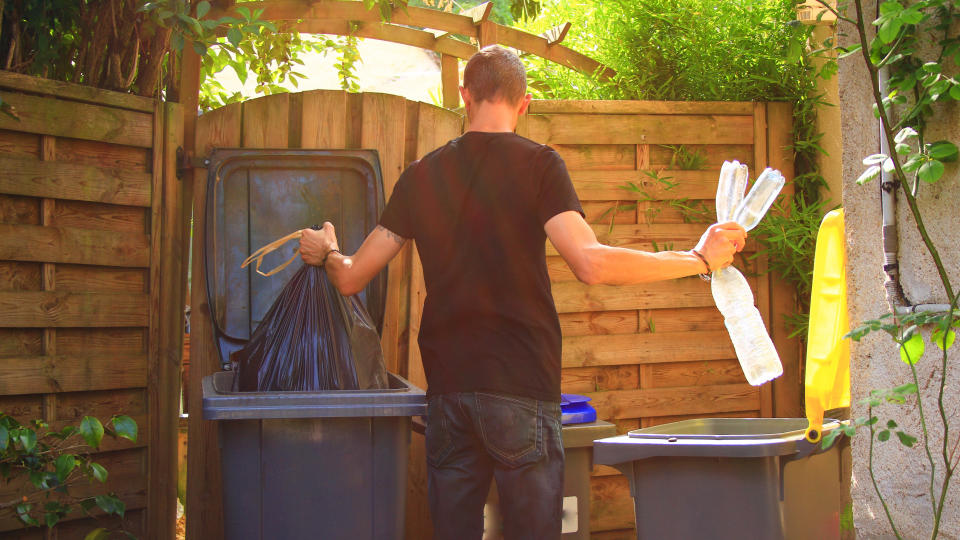
Since rodents are always on the hunt for food, garbage bins will be appealing to them. Ensure all garbage cans and recyclable bins inside and outside your home are completely sealed with tight-fitting lids. This will prevent them from going inside to rummage for food scraps.
Never leave individual garbage bags outdoors, in your garage or basement — especially those with any food waste. Again, this will invite rats and mice to feast on the contents, aswell as leave a huge mess for you to clean up!
It’s also important to regularly clean your garbage cans to remove bacteria, dirt and even fly larvae that cause unsightly maggots.
4. Compost piles
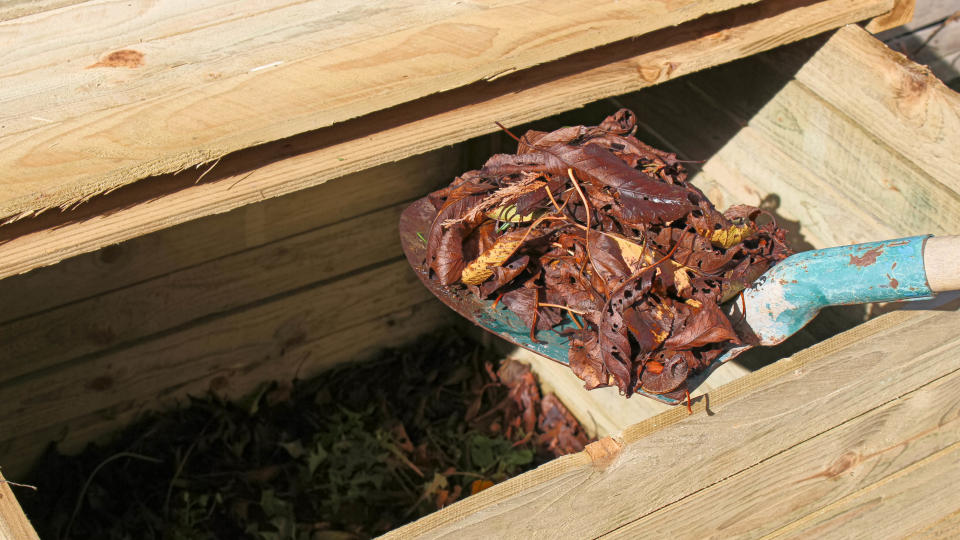
Similarly, if you have compost piles in your yard, rodents will be tempted by this organic food source. Be sure to place all garden debris, grass clippings, and food scraps into an enclosed composter, or tumbler like this VIVOSUN Outdoor Tumbling Composter ($89, Amazon). These are sturdy, durable and more importantly, pest-proof. Just avoid these 11 things you should never throw on the compost heap.
In addition, outdoor compost and piles of debris offer the perfect warm shelter, and hiding place for rodents. So it’s always best to keep your yard clear from garden waste at all times.
5. Piles of lumber/firewood
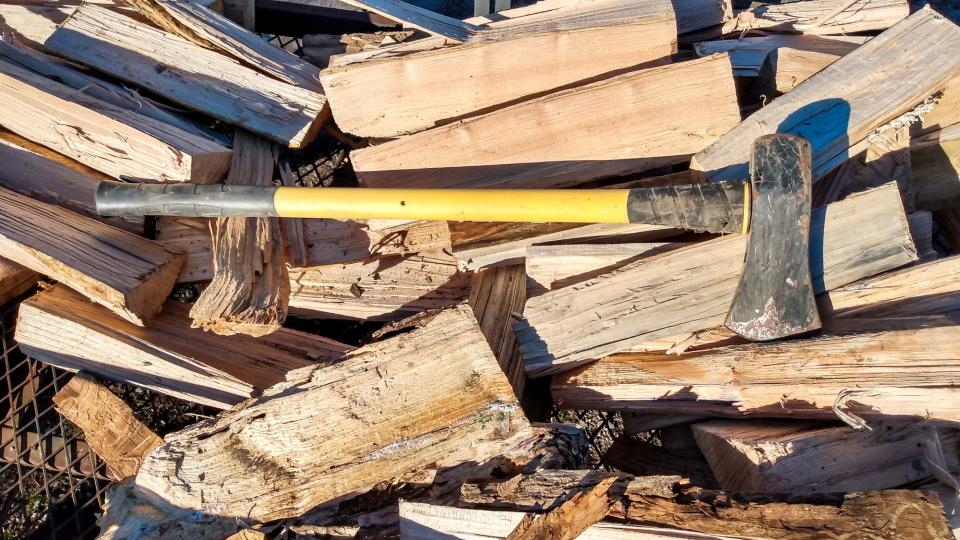
The same applies if you’re storing firewood, logs, or even old tires outdoors. While the yard may seem a convenient place for these items, these also provide shelter and a warm haven for rats and mice.
Be sure to clear piles of lumber, and store in a garage, shed or storage unit. If you do need to keep them in an open area, elevate lumber on stringers to prevent them from touching the ground, and absorbing ground moisture. Then, keep covered with a weather-proof material that protects it from the elements.
In addition, cut down any overgrown shrubs or bushes with one of the best pruning shears, as rodents tend to hide underneath.
6. Bird feeders
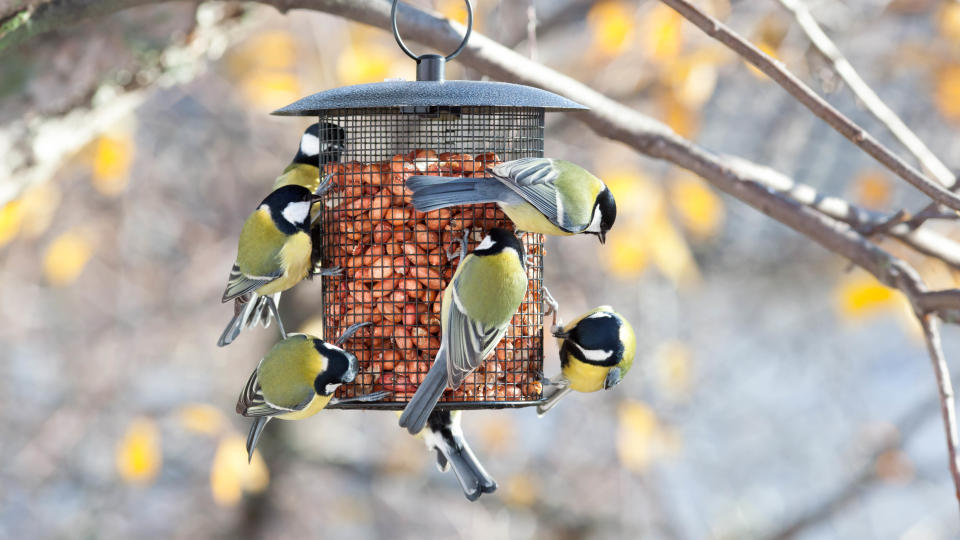
If you love attracting birds to your yard, you could also be attracting rodents! This is especially the case if you’re feeding birds through a standalone or hanging feeder close to your home. Not only can rodents access the feeders, but will feast on any foods that have scattered on the ground. In fact, they particularly like the smell of nuts, which is commonly found in bird seed.
Instead, install rodent-proof bird feeders like this Squirrel Buster Standard Squirrel-proof Bird Feeder ($50, Amazon). It’s designed so that if a rat or squirrel climbs onto the feeder, its weight will automatically force the shroud down, closing access to the food ports. This will ensure mice or rats are blocked from accessing the feed.
In addition, always keep the ground underneath clean, and never leave any scattered food on the ground overnight. Remember not to store your surplus feed somewhere easy to get to, such as the garden shed. This can attract rodents who will see it as a much simpler target.
7. Standing water
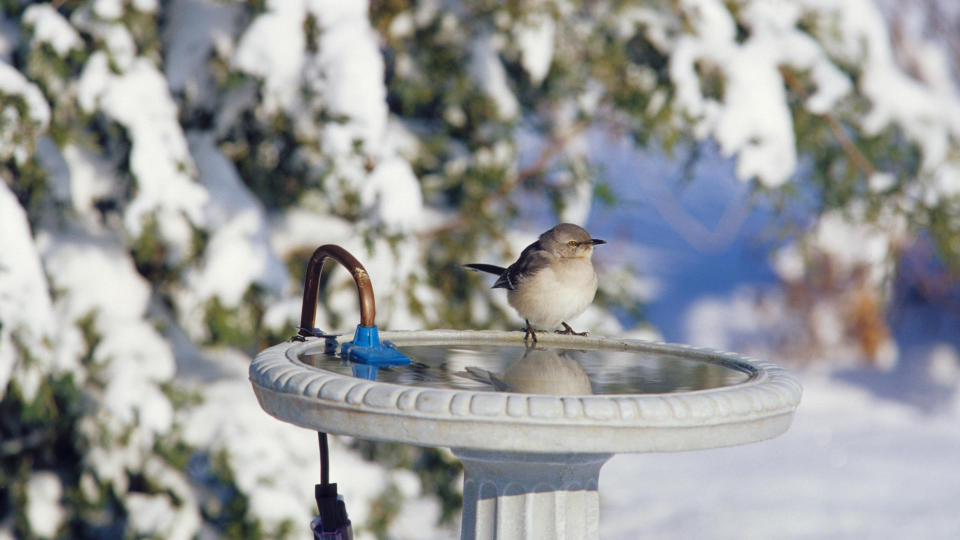
Rodents are also in search of water, so try to remove or relocate any water sources around your property. This includes water bowls for pets, bird baths and even swimming/paddling pools that can provide a constant source of water for pests. To avoid this, always bring bowls indoors after use, and keep pools covered.
Also, check your property for stagnant puddles, leaking faucets, dripping hoses, sprinkler system, and other areas where water has collected.
Of course, if none of the above has worked, or you have an infestation on your hands, always call the professionals. Their expertise can help with the best placement of the traps, finding potential entryways and safe disposal of rodents.

